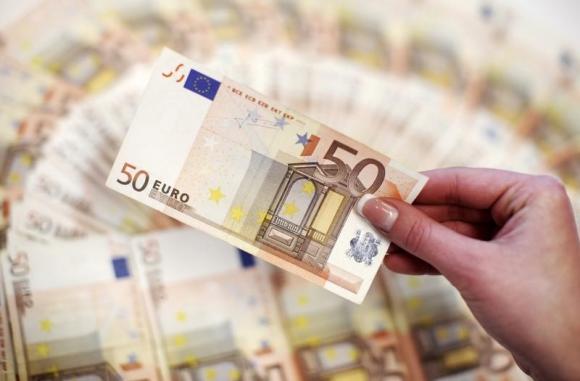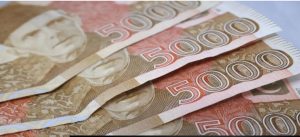HONG KONG (APP) – The euro sank to a new 11-year low and Asian equities retreated after an anti-austerity party won Greece’s general elections, throwing its international bailout into doubt and raising fears it could leave the eurozone.
Oil prices resumed their downward trend after enjoying a rally on Friday in response to the death of Saudi Arabia’s King Abdullah, which fuelled uncertainty in the crude market.
With the last few votes still to be counted, the far-left Syriza party was close to winning an outright majority in Sunday’s polls, increasing the chances it will take a hard line on rowing back austerity measures.
The group had campaigned on renegotiating the European Union-International Monetary Fund bailout that imposed strict spending and taxation rules on Athens. The possibility of Greece defaulting on its debt repayments is likely to spark renewed fears the country could be forced to leave the eurozone.
As the result became clear, party leader Alexis Tsipras told thousands of flag-waving supporters in Athens: “Greece is leaving behind disastrous austerity.”
British Prime Minister David Cameron was among the first world leaders to react to the result, tweeting that it “will increase economic uncertainty across Europe”.
The news hit the single currency in early Asian trade, diving at one point to $1.1088, its lowest level since September 2003, before recovering slightly to $1.1180. That compares with $1.208 Friday in New York.
It was also at 131.55 yen compared with 132.03 yen on Friday. The dollar was at 117.75 yen compared with 117.80 yen in New York “Euro selling pressure will continue as Greeks rejected fiscal austerity, heightening the possibility of Greece leaving the currency bloc,” Toshiya Yamauchi, a senior analyst in Tokyo at Ueda Harlow Ltd., told Bloomberg News. “Markets are sensitive to risk.”
However, Elsa Lignos, a senior currency strategist at RBC Capital Markets, said in a note that the chances of Greece leaving the eurozone were limited.
“We still think Greece will stay within the eurozone,” Lignos said. “Ultimately we think an anti-bailout is unlikely to last through the summer. Greece will stay within the euro area, which coupled with a euro-area economic recovery in the second half of the year, would give the euro a V-shaped profile for 2015.”
The single currency was already suffering heavy selling after the European Central Bank on Thursday unveiled a bigger-than-expected bond-buying programme aimed at kickstarting the eurozone economy and fighting off deflation.
Sarfraz Ali
The writer is an Editor of Digital Media for Daily Pakistan. He can be contacted at sarfraz1168@gmail.com.














